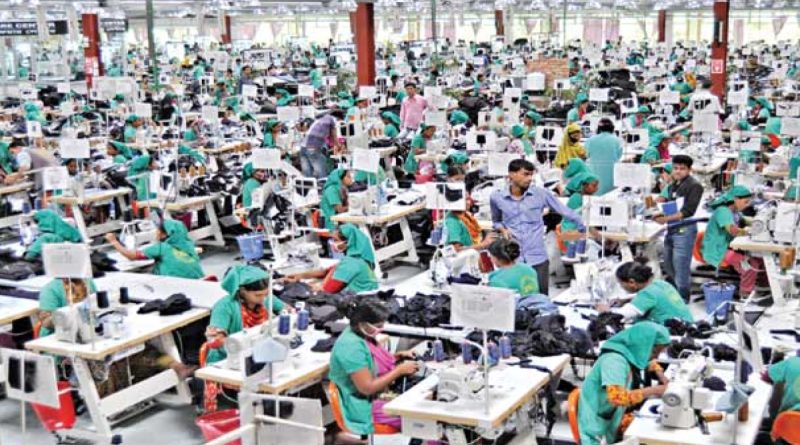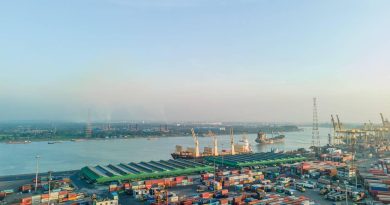Bangladeshi garment exporters are turning their focus to Japan, seeing vast untapped potential in one of the world’s largest apparel markets. Despite Japan importing $22.86 billion worth of apparel in 2024, Bangladesh accounted for only $1.26 billion, just 5.5 percent of the total.
Industry leaders say the opportunity is growing with the upcoming Economic Partnership Agreement (EPA), Japan’s China Plus One sourcing strategy, and a shared commitment to quality and sustainability. But they stress that success will require long-term planning, continuous engagement, and investment in innovation.
“Japanese buyers value honesty, transparency, and consistency. They closely examine every stage of the supply chain before placing orders,” said Kutubuddin Ahmed, founder of Envoy Textiles. He noted that once trust is built, Japanese buyers remain loyal and rarely break relationships abruptly.
Masco Group’s executive director Mahbub Milton said his company supplies around 100,000 knit items to three Japanese clients, including Japan Airlines, through agents like Toyoshima. “Japanese companies have zero tolerance for quality issues. They inspect every single piece before acceptance,” he said. However, working through agents makes the market highly competitive and squeezes suppliers’ margins.
Bangladeshi manufacturers are also stepping up their presence in trade fairs. Several companies will participate in the Fashion World Tokyo (FaW Tokyo) Autumn Edition from October 1 to 3. A senior executive from a multinational buying house said, “This is our first time booking a stall at the fair. We hope it will open new doors in Japan, where standards and preferences are similar to Korea, a market where we already have strong ties.”
BGMEA’s former director Mohiuddin Rubel said expanding into Japan is strategically vital for Bangladesh. “Reducing reliance on Europe and the US by exploring markets like Japan will help ensure sustainable growth,” he said. BKMEA president Mohammad Hatem added that the long-discussed EPA would significantly boost exports once signed. He also called for a dedicated research and development (R&D) cell to better understand Japanese buyer demands and market trends.
The seventh round of EPA negotiations was held in Tokyo earlier this month, covering trade, investment, and intellectual property. Commerce Secretary Mahbubur Rahman said talks are in the final stage and could conclude by early October.
Bangladesh’s exports to Japan have shown mixed trends in recent years, rising from $944.82 million in FY21 to $1.60 billion in FY23, before dipping to $1.09 billion in FY24. In FY25, exports recovered to $1.41 billion, reflecting renewed momentum in the market.






